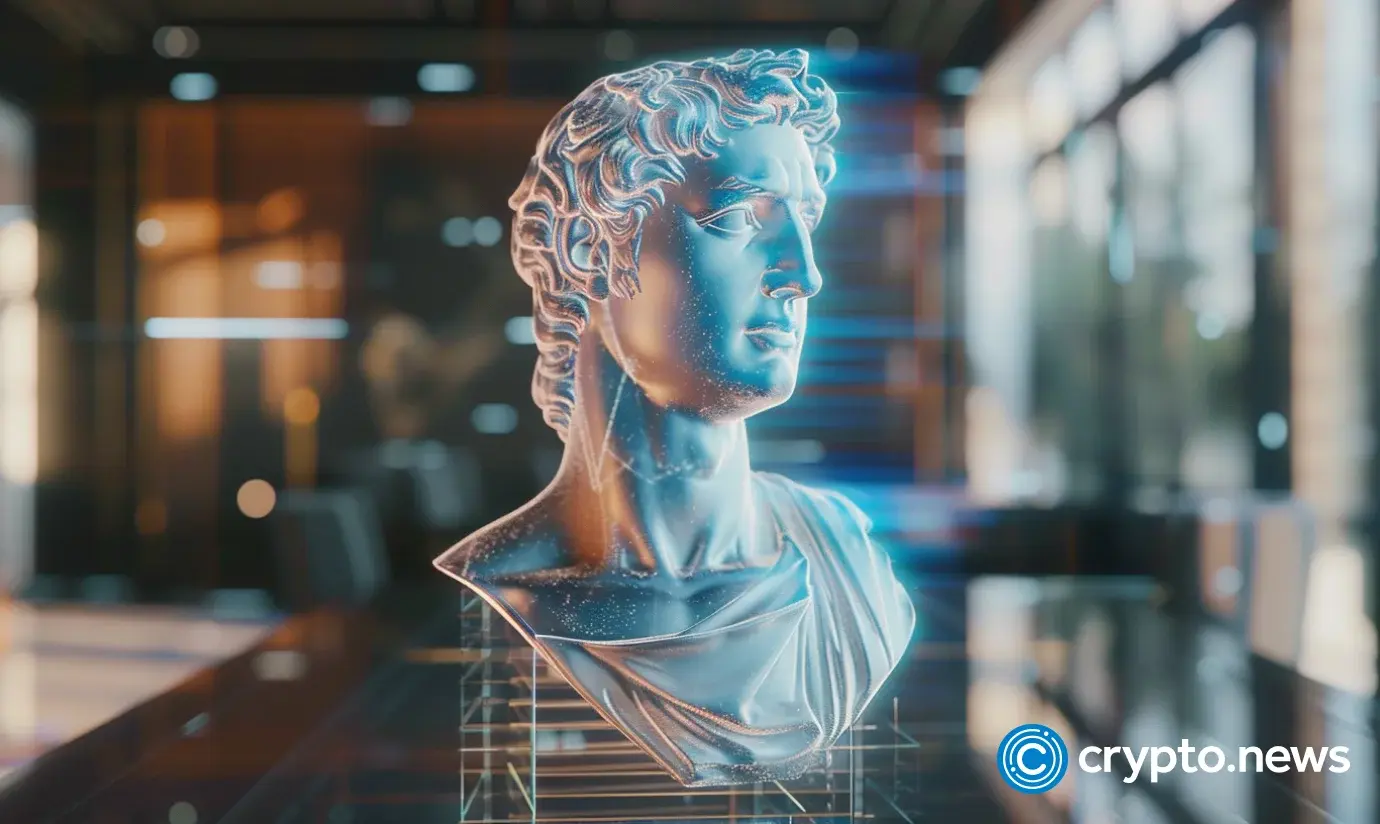Digital collectibles, also known as non-fungible tokens (NFTs), are being incorporated into products by major corporations to enhance virtual and physical customer experiences. Although NFTs are mainly used to promote customer loyalty and engagement, some view them solely as marketing tools due to discouragement of trading.
However, to limit NFTs to this role neglects their potential for diverse applications and implications. NFTs could be more than souvenirs and trophies, and it is essential to recognize their contribution to the digital age’s creation, consumption, and exchange of value.
Some NFT projects have been driven more by hype and speculation than genuine utility, innovation, or artistic merit. Genuine commitment to products and community will ultimately lead to positive changes amidst the noise.
NFTs are being creatively applied in various industries such as fashion, fitness, and gaming, emphasizing the importance of authenticity and community activation, rather than serving as a mere marketing tool. In the gaming industry, NFTs should enhance the gaming experience rather than overshadow it, focusing on community activation, shared vision, and authenticity.
Brands integrating NFTs into their marketing strategies should strive for meaningful interactions and experiences that resonate deeply with their audience, unlocking the full potential of NFTs by embracing fun, engagement, and immersive experiences. NFTs represent an avenue for reshaping art, technology, and commerce, transcending the narrow view of them as solely profit-driven innovations.
It is time to authentically embrace NFTs for their capacity to drive positive social and economic change, necessitating a return to fundamentals and the unification of web2 and web3 in strategy and utility. Genuine appreciation of NFT’s creative potential in human experiences is necessary to unlock their genuine utility.
